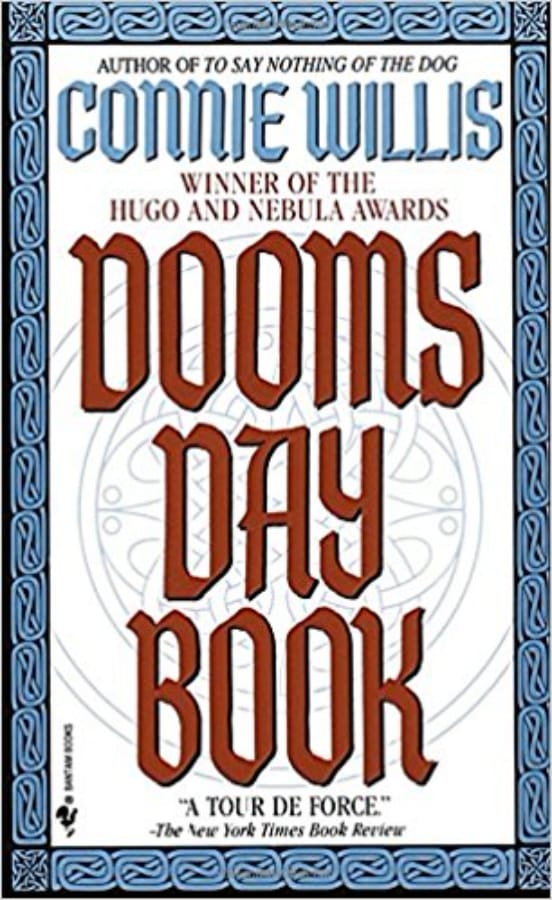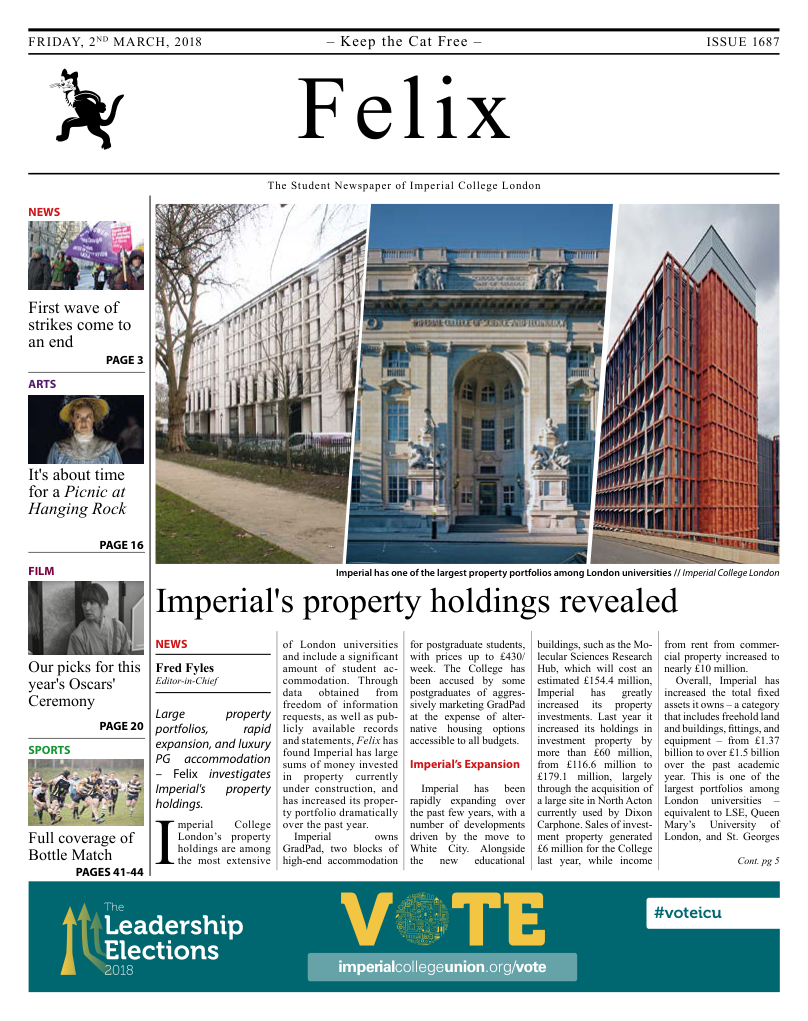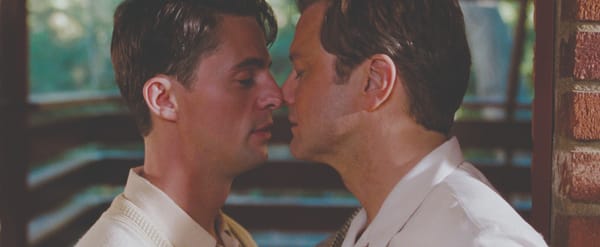Willis’ macabre and amusing science fiction classic
How would we interact with those from the distant past?

How might one interact with people from the distant past if one were allowed to time travel there? This was the question posed by Connie Willis in her science fiction novel, The Doomsday Book. The novel is set in Oxford University, at around Christmas time, 2053. A young woman called Kivrin, a historian, is sent back in time to research the past.
Concerned about the dangers of travelling back to such an unfamiliar time, a critical professor warns her of all the possible dangers she will face – diseases, poor sanitation, rape, being burned as a witch… Yet all of those worries prove to be superficial when they realize they made a mistake, and she has actually landed in the year the Black Death reached Oxford, in the Christmas of 1348! Meanwhile, a mysterious strain of influenza is spreading quickly back in the Oxford of her time, and in the ensuing panic, it becomes uncertain whether anyone will be able to arrange her rescue.
The best part of the novel is the chapters concerning Kivrin’s encounters with people from 1348, which seemed so real that I began to feel attached to the characters and their village. All of this is brought to a devastating end when, one by one, they began to fall victim to the plague.
Meanwhile back at Oxford, people react crazily to the influenza outbreak, as they try to make sense of it in hilarious ways – much like what Kivrin is seeing a few centuries back.
Funny characters add to the panic and confusion. Amongst them are Mrs Gaddson, an overly concerned mother of a student at the university, who constantly complains of poor living conditions, and how it must have an adverse effect on her son. Later on, she takes to reading passages about doom and plague from the Bible to influenza victims. Although she was entertaining at the start, she became background noise at the end when the author did not allow any more developments on her part.
Another amusing character is Colin, the young nephew of one of the doctors. He walks around disregarding all health regulations and ignores common hygiene practices, and treats the influenza outbreak as some kind of huge adventure. Surprisingly, his personality proves to be useful when he is sent on a mission by the staff.
Nonetheless, there are several aspects of the novel which could be improved. I found the pretext for time travelling unconvincing. Why would anyone be sent back towards such a dangerous time when it is possible to send a machine back instead? Or just consult contemporary sources? After all, a monk who had apparently written it all down after everyone else died was constantly referred to by the characters. There are also some minor factual inaccuracies, which lessen the book.
The length of the book might be shortened, whilst still delivering the main points, as repetitiveness is a major issue in the strange influenza epidemic chapters. Nonetheless, the book is still worth reading for Kivrin’s interactions with a set of memorable medieval characters.










